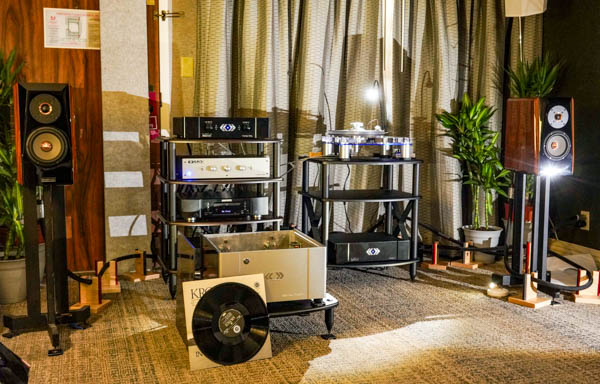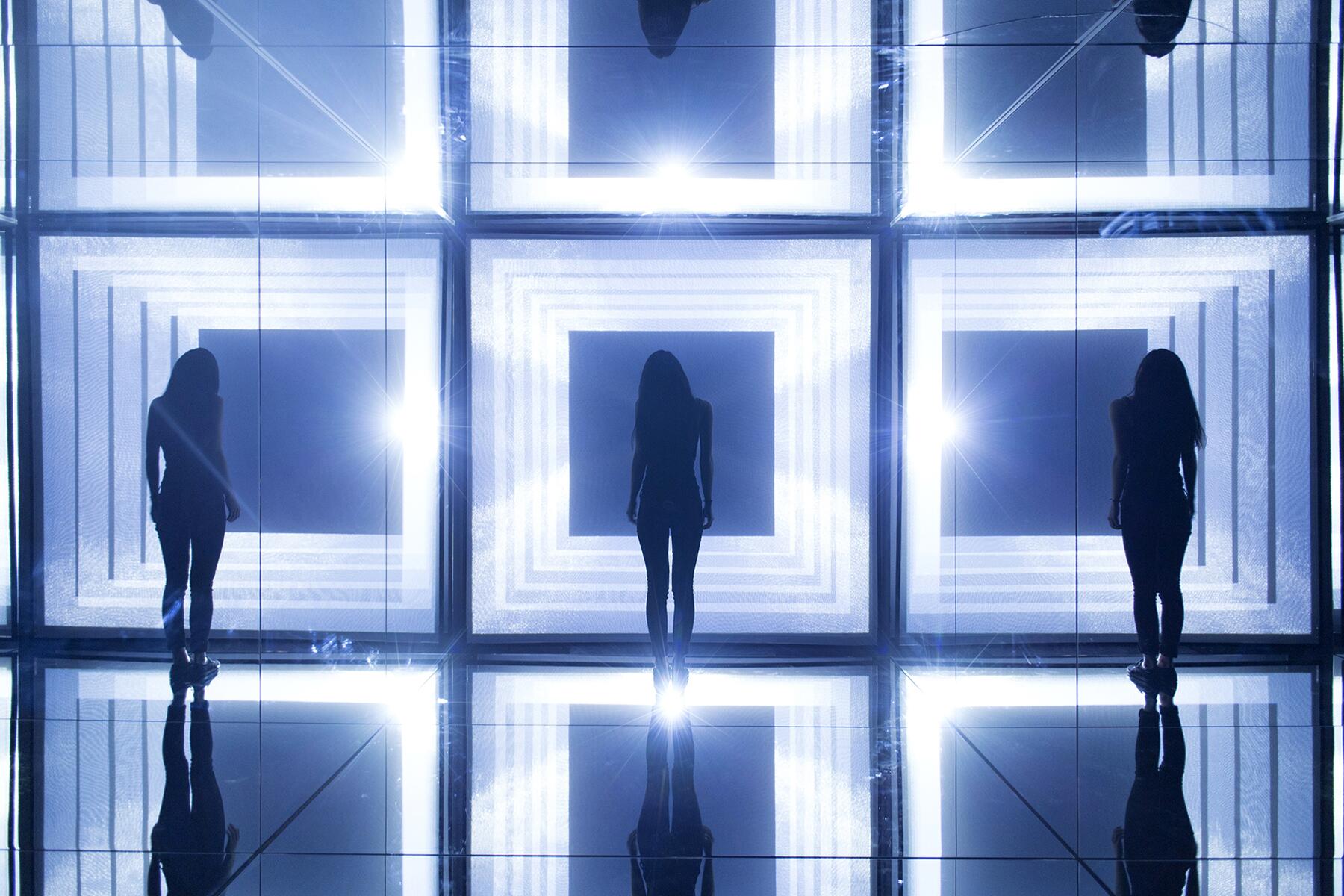
Cezanne and Klimt
by September 2, 2022Frameless will project works by a number of artists in 4K across the walls and ceiling of its two-storey London venue. © Paul Musso / Frameless
As the industry for immersive cultural experiences booms, a new venue focusing on the display of large-scale digital works of art will open in London this autumn. The multi-sensory immersive art experience will be largest in the UK, its organisers say.
Frameless, as the cultural attraction is to be known, will be housed in a newly redeveloped tower complex in Marble Arch and will occupy a 30,000 sq. ft space across two floors, for which it has a 15-year lease. Digital renditions of works by artists including Cezanne, Kandinsky, Monet, Canaletto, Rembrandt and Klimt will be projected using 4K resolution technology across the space's walls, floors and ceilings. The organisers of Frameless promise the experience will be "highly Instagrammable", and its chief executive Richard Relton says that he hopes for the venue to become "a top-ten ticketed London attraction".
The organisation will partner with Japanese electronics conglomerate Panasonic, which will provide much of the technology for the exhibition space.
TeamLab Borderless in Tokyo. Courtesy of TeamLab
With this London launch, Frameless organisers hope to emulate the success of similar immersive art experiences across the world such as Paris's L'Atelier des Lumières, which hosted a sell-out Van Gogh show in 2019 that later toured to Dubai, and teamLab's Boderless in Tokyo, which has opened up a number of venues in East Asia and the US. Tickets for Borderless cost around £30.
The plan is, organisers say, for Frameless to eventually become a "muti-location experience", with further attractions rolled out across major cities over the next five years. Asked whether these next experiences will resemble London in the form of permanent, or long-term, venues or whether they will be pop-up shows, a Frameless spokesperson says: "The current focus is on acquiring future sites for Frameless on a long-term basis but we are of course open to considering pop-up opportunities as the digital immersive arts sector grows and diversifies."
The immersive entertainment industry was valued in a 2020 report by AI research institute HERE at £45.7bn, a 19% growth from 2019. This figure is expected to have grown in 2021. This boom has been closely watched in recent years across a number of art world sectors, with many hoping the swell of public interest in "art experiences" could provide a financial boost to ailing parts of the industry, such as museums.
London institutions that have attempted to lead the charge include the Serpentine Galleries, which is currently showing the immersive exhibition Alienarium 5 by the French installation artist Dominique Gonzalez-Foerster (until 4 September). The exhibition includes a 360 degree, room-filling collage, olfactory elements developed by a perfumer and a major virtual reality (VR) component. In 2020 the institution released a report titled Future Ecosystems that detailed how art institutions could incorporate new technology so as to better harness multiple revenue streams, brokering corporate sponsorships and partnering with real-estate developers to provide mass-market ticketed experiences.
The immersive shift is providing new income sources for commercial galleries too. Superblue, the experiential art enterprise launched in Miami in 2020 by Pace Gallery's president Marc Glimcher, opened its London branch last year with a show by the artist duo A.A Murakami.


